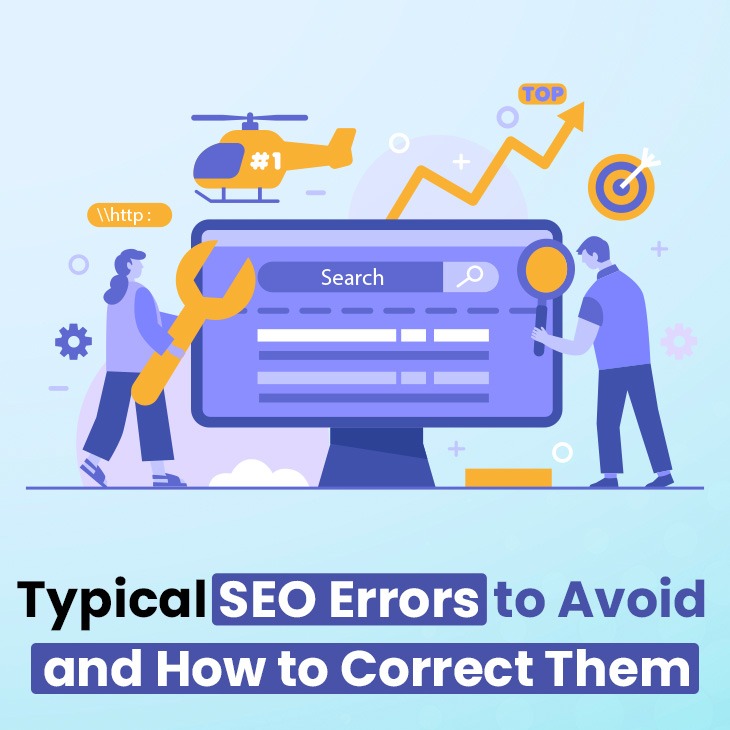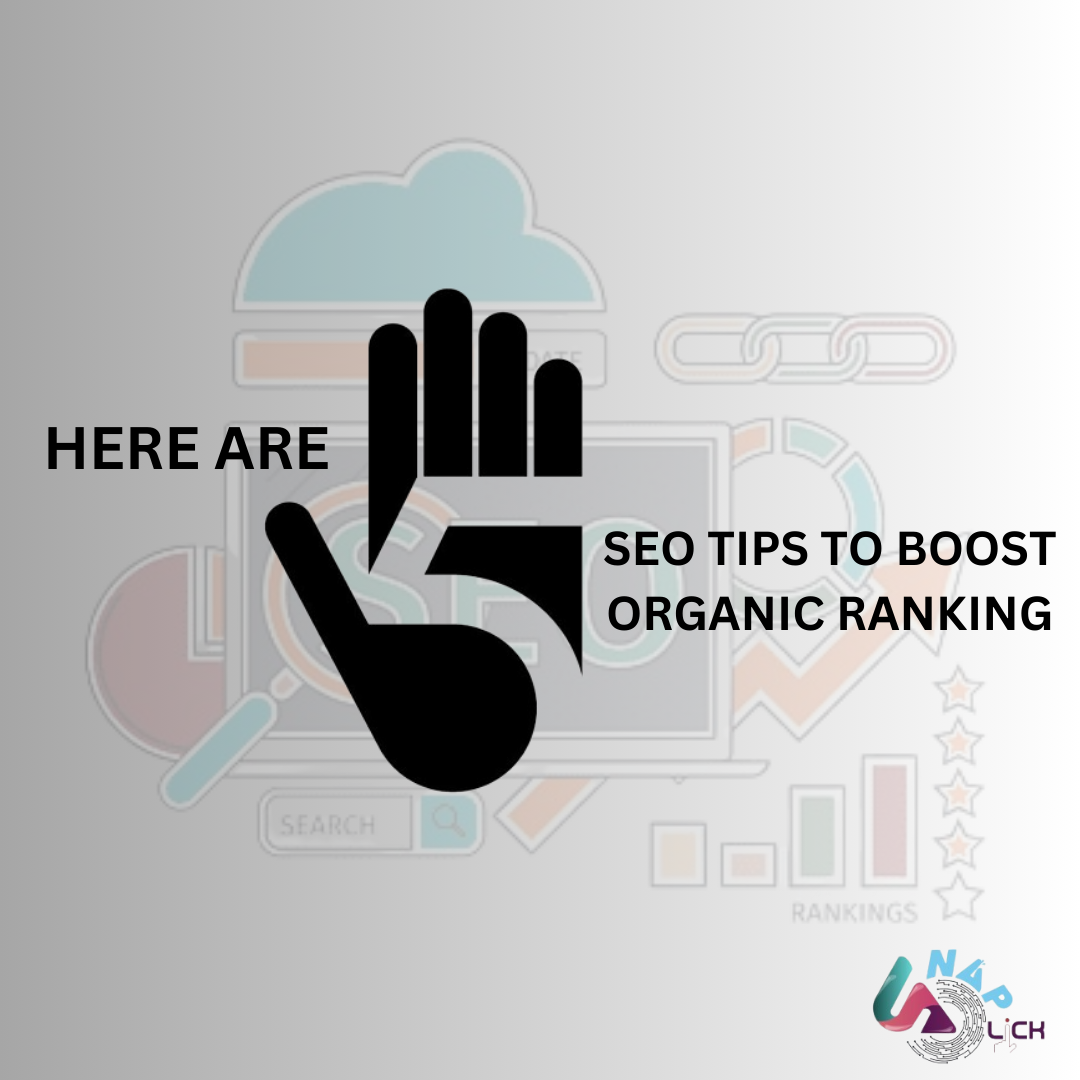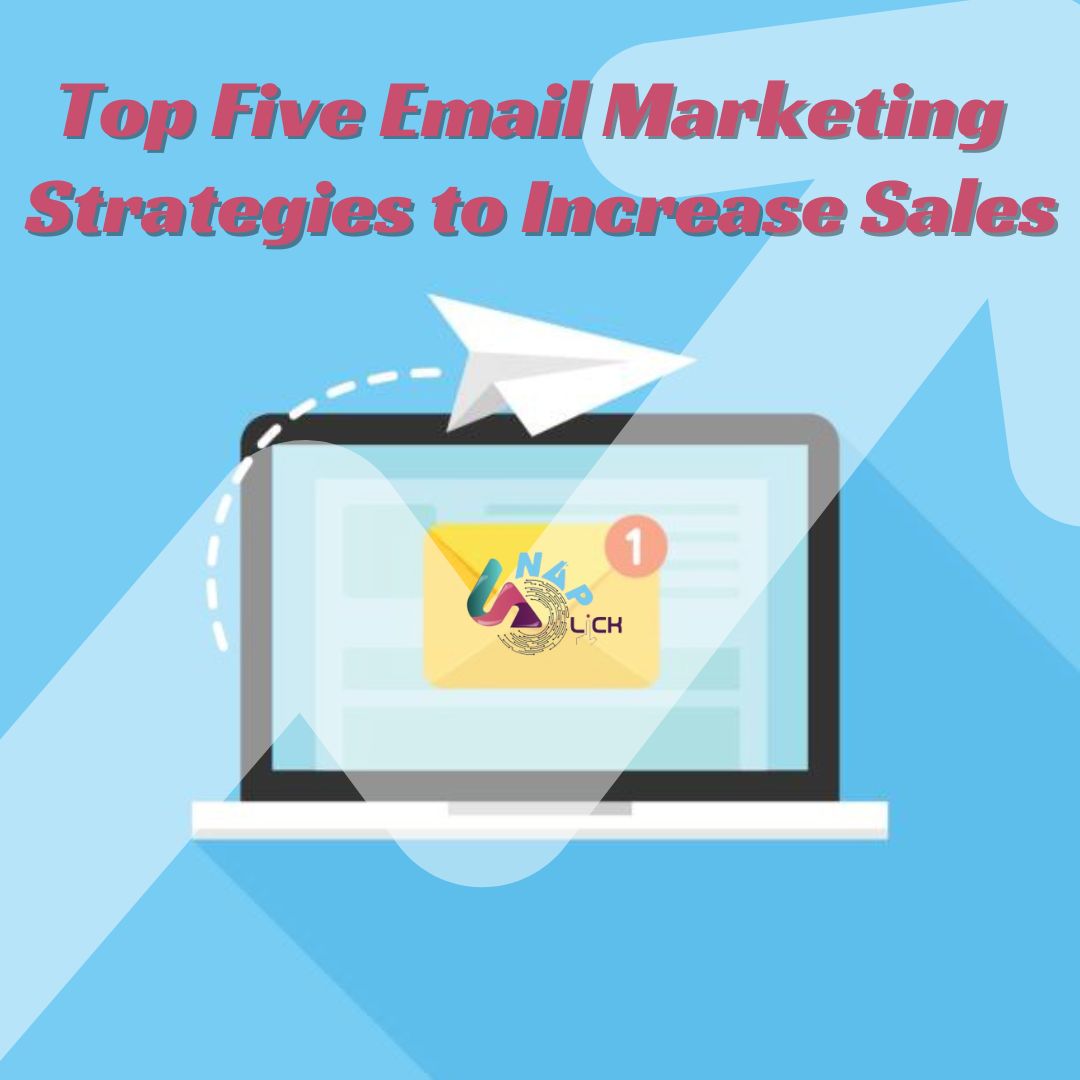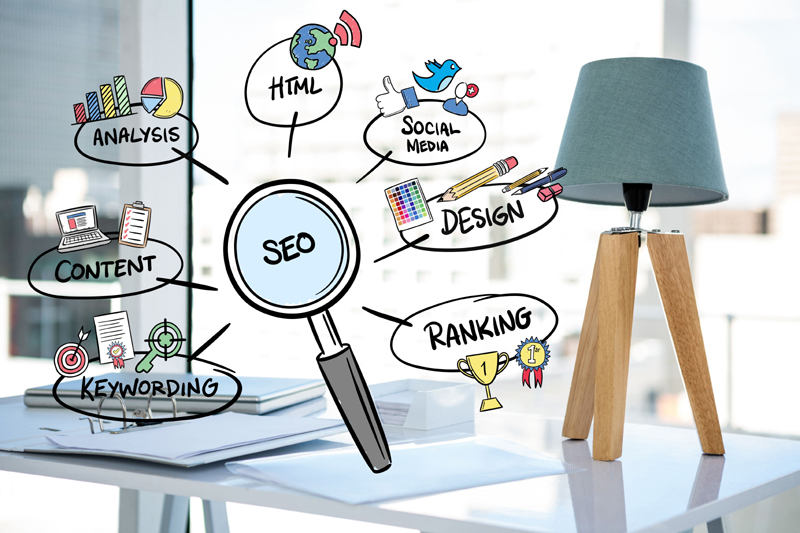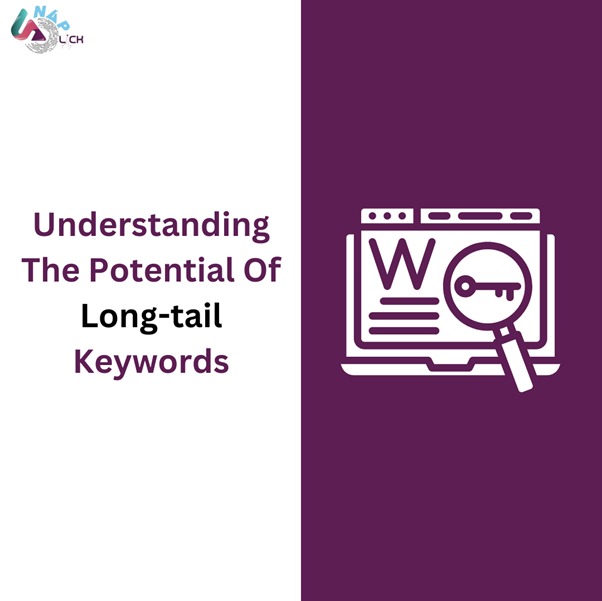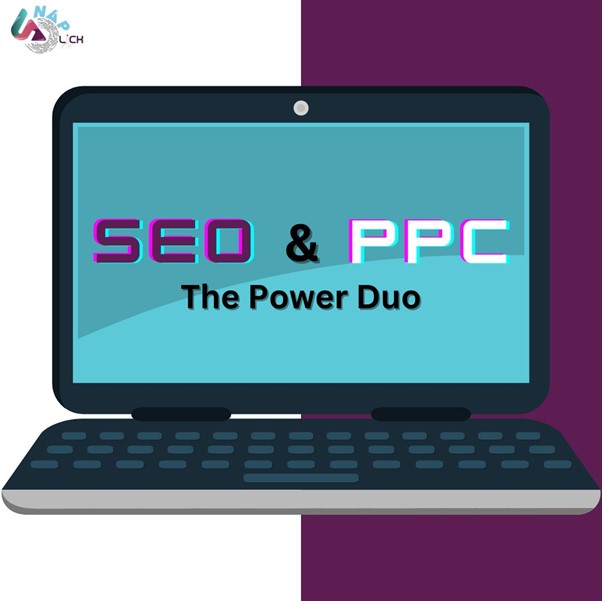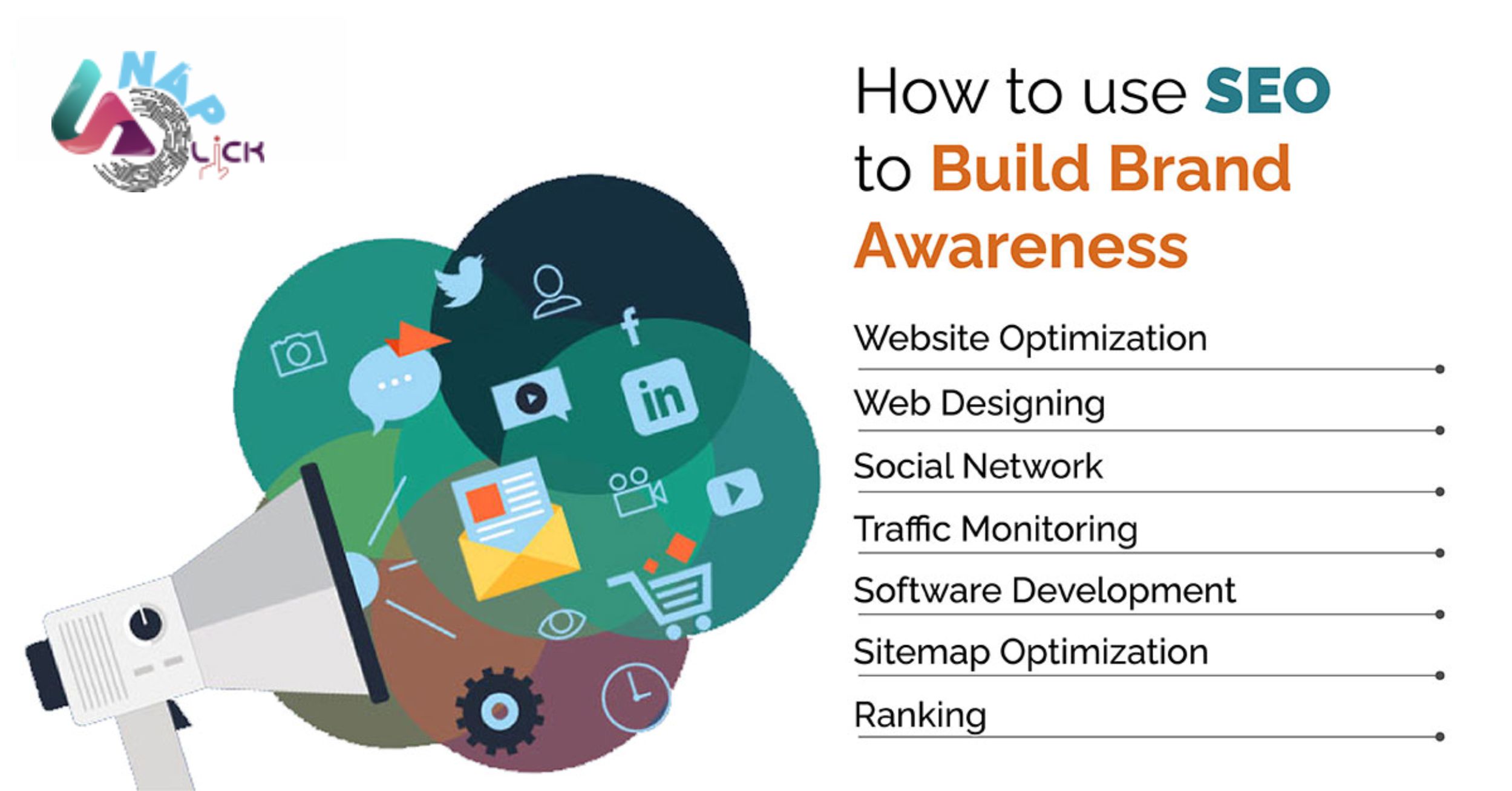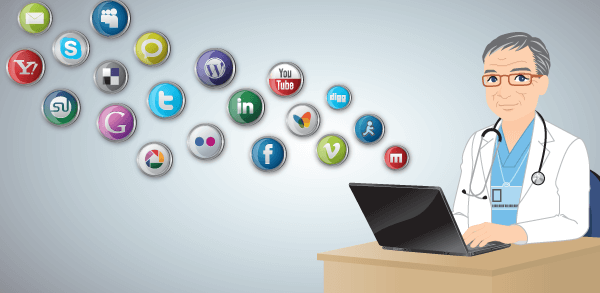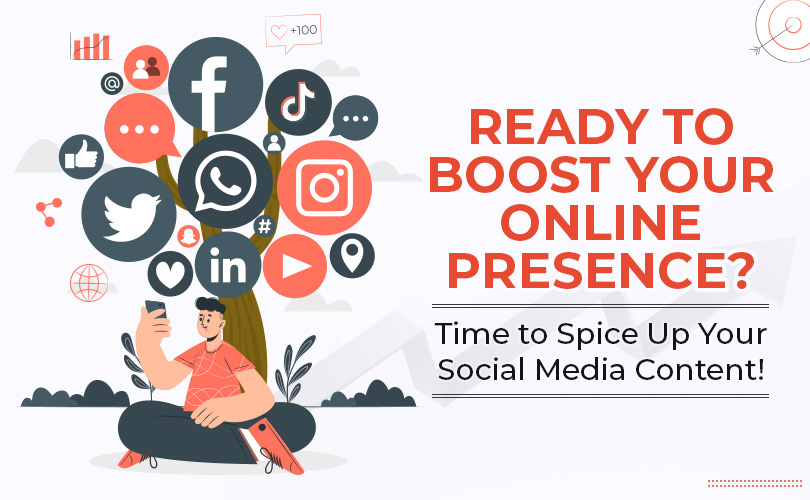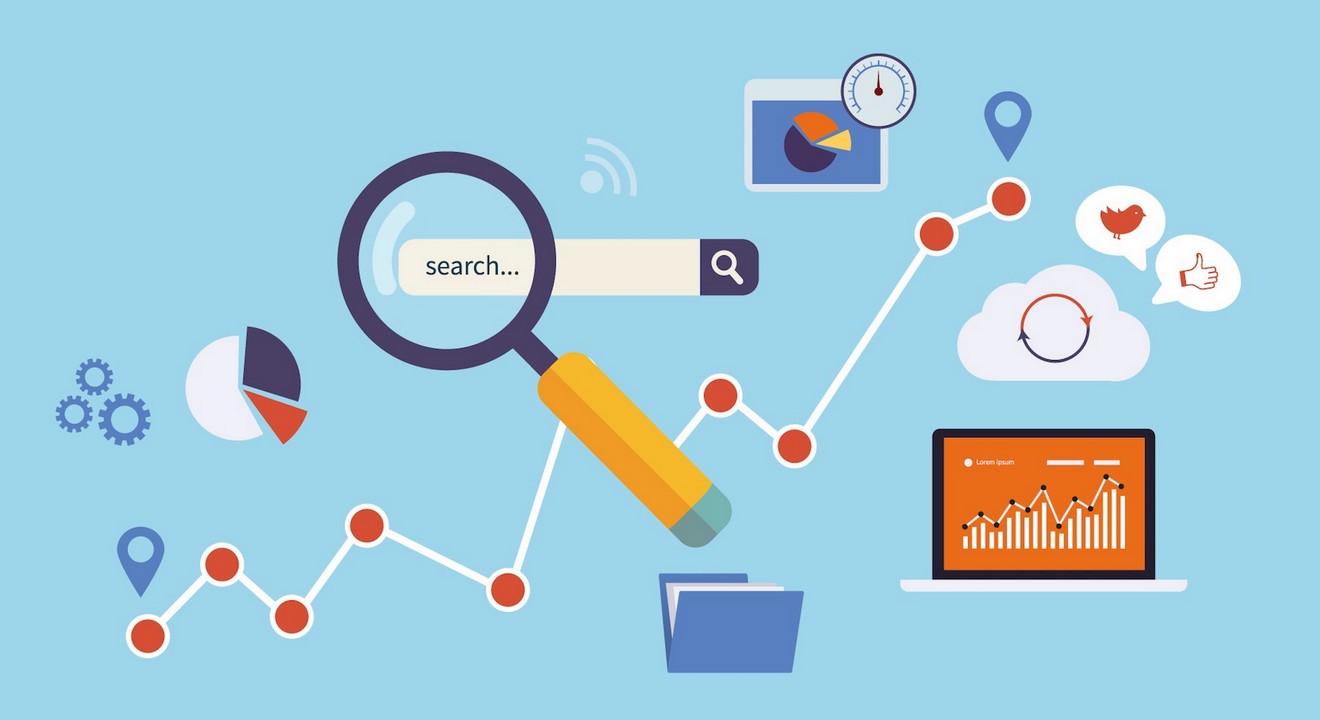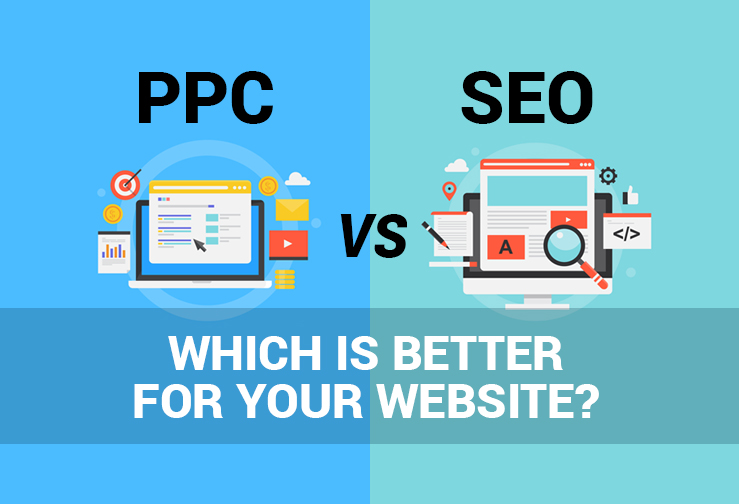
SEO vs PPC: Which Gives Better ROI
Digital Marketing is a vast space full of undiscovered potential to grow your brand or business. With the right tools like SEO, PPC, etc., choose from a wide range of effective digital marketing services to help your brand thrive. When it comes to your digital marketing spending, you may wonder which digital marketing tools will help your brand or business most effectively, SEO or PPC. You can get to the top of search engines through a pay-per-click (PPC) campaign or create a more natural search engine marketing strategy through search engine optimization (SEO).
Is there a right or wrong answer? Could it be both? Before you decide, you have to understand the pros and the cons of both SEO and PPC.
What is SEO?
Search engine optimization (SEO) is the process of improving the quality and quantity of website traffic to a website or a web page from search engines. SEO targets unpaid traffic (known as "natural" or "organic" results) rather than direct traffic or paid traffic. Unpaid traffic may originate from different kinds of searches, including image search, video search, academic search, news search, and industry-specific vertical search engines.
As a digital marketing strategy, SEO considers how search engines work, the computer-programmed algorithms that dictate search engine behavior, what people search for, the actual search terms or keywords typed into search engines, and which search engines are preferred by their targeted audience. SEO is performed because a website will receive more visitors from a search engine when websites rank higher on the search engine results page (SERP). These visitors can then potentially be converted into customers. Snapclick offers budget-friendly SEO services in Patna.
Cultivating inbound links from other sites can dictate your “link authority” and improve your ranking. You may also want to include:
- Blogging
- Social Media Marketing
- Online Videos
All of these are also effective ways to acquire quality links.
Advantages of SEO :
- Organic SEO is very cost-effective compared to a PPC campaign. When done correctly, SEO should cost you far less than setting up and managing a PPC campaign.
- Organic SEO is done to last. A properly optimized site can keep a high position in the search results long after a PPC campaign has been turned off.
- Search engine positioning is relatively stable whereas PPC ad positions continuously change according to your competitors’ bidding tactics. A well-optimized site with good link authority and excellent content can hold its search engine position even if you need to step away from it for a month.
- Organic SEO builds credibility and trust. Some users skip ads, so when your site can pop up through organic results, it increases your credibility to an audience that is looking for your services.
- Many times, organic SEO results in an improved click-through rate. Most times you can generate more clicks from a well-placed organic listing rather than an ad that costs a great deal.
Disadvantages of SEO :
- SEO is very slow compared to PPC. It can take months after you optimize your site to start seeing results, whereas PPC will start getting you leads immediately.
- SEO is an ongoing process. Your site will never be 100% “optimized,” it will only get more and more optimized as you put more work into it. The good news is that in the future your rankings will be better and you will hopefully be reaping the rewards of having invested in SEO.
- SEO can be time-consuming, especially if you choose to do it yourself. You have the option to purchase SEO tools or hire someone to do SEO for you.
What is PPC?
Pay-per-click (PPC) is a digital advertising model used to drive traffic to websites, in which an advertiser pays a publisher (typically a search engine, website owner, or a network of websites) when the ad is clicked.
Pay-per-click is usually associated with first-tier search engines (such as Google Ads, Amazon Advertising, and Microsoft Advertising formerly Bing Ads). With search engines, advertisers typically bid on keyword phrases relevant to their target market and pay when ads (text-based search ads or shopping ads that are a combination of images and text) are clicked. In contrast, content sites commonly charge a fixed price per click rather than use a bidding system. PPC display advertisements, also known as banner ads, are shown on websites with related content that have agreed to show ads and are typically not pay-per-click advertising, but instead, usually, charge on a cost per thousand impressions (CPM). Social networks such as Facebook, Instagram, LinkedIn, Reddit, Pinterest, TikTok, and Twitter have also adopted pay-per-click as one of their advertising models. The amount advertisers pay depends on the publisher and is usually driven by two major factors: the quality of the ad, and the maximum bid the advertiser is willing to pay per click measured against its competitors' bids. In general, the higher the quality of the ad, the lower the cost per click is charged, and vice versa.
However, websites can offer PPC ads. Websites that utilize PPC ads will display an advertisement when a query (keyword or phrase) matches an advertiser's keyword list that has been added in different ad groups, or when a content site displays relevant content. Such advertisements are called sponsored links or sponsored ads, and appear adjacent to, above, or beneath organic results on search engine results pages (SERP), or anywhere a web developer chooses on a content site.
Advantages of PPC :
- PPC produces quick results. Once your PPC campaign starts, you should immediately start to see more traffic, clicks, and conversions. SEO can take months before you start to see your site moving up the search engine results.
- Your PPC account is controllable. You set your budget and have a decent idea of how many leads you are getting in return. This helps you estimate an accurate budget for your digital marketing. SEO can take longer or require more money if the industry or location you want to rank for is very competitive.
- Using PPC means you don’t have to worry about a search engine’s algorithm impacting your position. You’re bidding on the top spots, so your organic rank isn’t going to matter. With SEO, you have to ensure that you’re optimizing your site to Google’s standards of best practice, or you could lose rank or be penalized for certain tactics.
- PPC allows you to strictly target potential customers. You can target ads using search keywords, geography, and different times of the day and week. With organic traffic, you may not target the specific audience you need.
- With PPC, you can take advantage of visual product ads. This can help a user see what they will be clicking on and improve the click-through rate because it offers a feature an organic search can’t.
Disadvantages of PPC :
- You have to pay to get good results and, ideally, the more you pay, the better the results. The competition for keywords has never been greater. This may mean you’ll have to pay more later for the same results you’ve been getting.
- Researching and selecting effective keywords to bid on is very time-consuming. Managing what you’re spending on keywords, measuring returns, adjusting how much you spend, and intelligently playing the PPC game is basically a full-time job. Either you’ll spend time doing it yourself or you’ll have to hire an experienced PPC specialist who can properly run your campaigns for you.
- PPC is like a faucet: once you turn it off, it stops providing you leads. If you suddenly have to divert your PPC budget to something else, can you survive with the leads that you’re getting naturally? SEO is long-lasting and while it’s never truly done, it’s like a rolling snowball. It takes a while to get going and it may slow down at times, but once it gets the momentum up, there’s no stopping it.
- “Click Fraud” is still a problem as some companies use manual clicks or damaging software that simulates human clicks from different IP addresses around the world. Your competitors can rapidly rack up your click charges. Google can detect some of this fraud but there are ways to evade this detection.
SEO or PPC? or SEO and PPC?
After knowing about the advantages and disadvantages of both SEO and PPC, you can decide which is better for your brand or business. Should you opt for SEO or PPC? The answer really depends on you. If you have the budget and you need to see an immediate impact, then engaging in a PPC campaign will show you the fastest results. But it can still take time and trial and error to get the right ads that convert without overpaying for results.
If you have a longer timeline in mind and don’t need to see immediate results, then SEO efforts can offer some of the best results and return over time. You won’t have to constantly be paying for website traffic and new ads to attract more visitors.
The perfect scenario combines the two efforts. This tends to lead to the best overall outcome. Consider just some of the advantages of using SEO and PPC:
- You can use keyword and conversion data from PPC to SEO.
- After initial contact via an organic search, you can remarket with customized messaging to remain top of mind.
- You can test a keyword strategy in PPC before using it in long-term SEO strategies.
Instead of trying to choose between the two, look for ways to implement both tactics so that you can get the most out of your digital marketing spending. Snapclick is the top digital marketing company in Patna, connect with us and have all your digital marketing needs sorted.



 Admin
Admin 